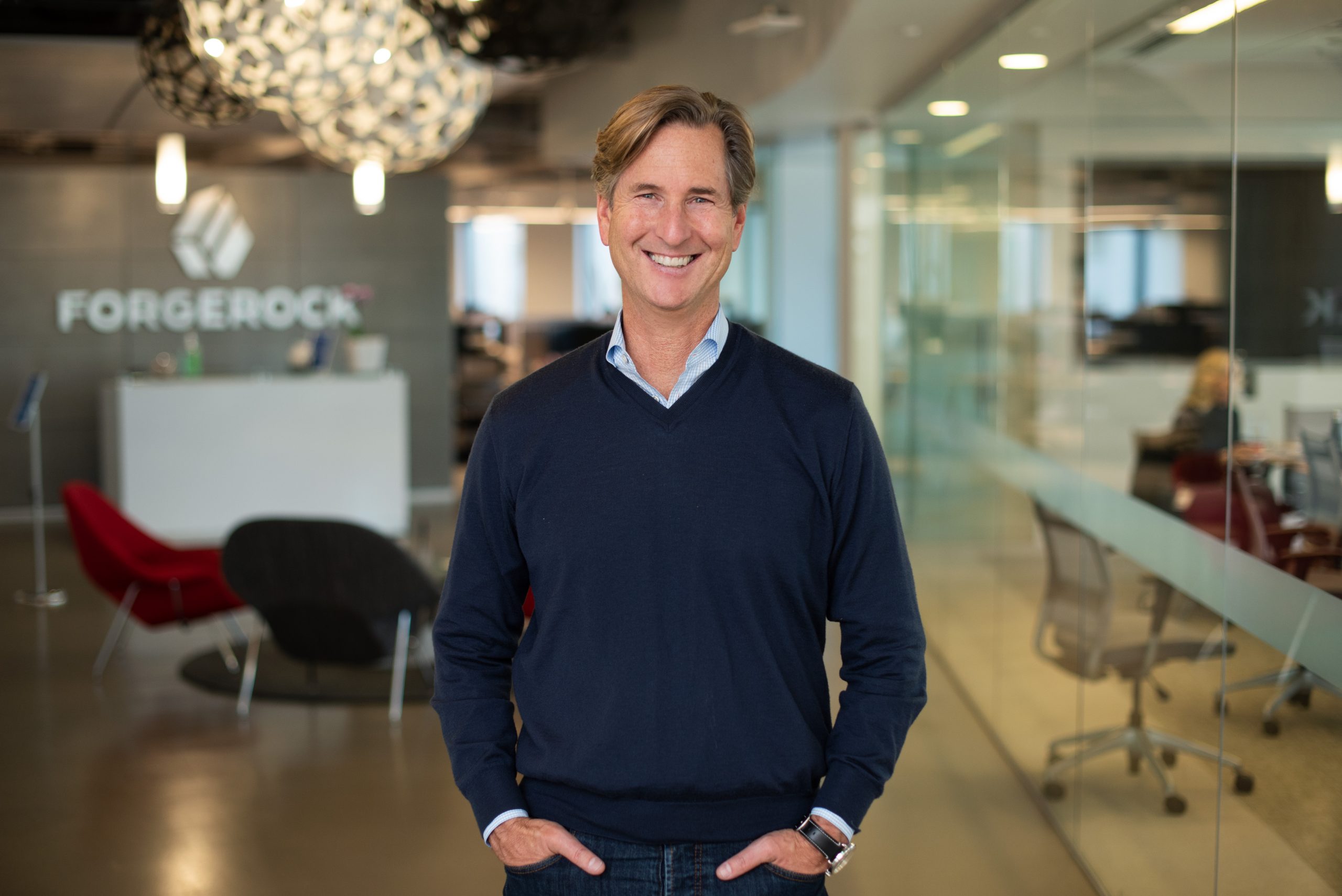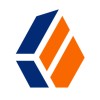Identity management issues are difficult for enterprise companies and for consumers. According to Javelin’s 2021 Identity Fraud Study, there was 43 billion dollars worth of identity fraud scams in 2020. Small business owners to c-suite execs are all looking for the answer to security and simplicity, especially in the face of the enemies — bad actors and security systems that are too complicated to use. Everyone wants an answer, but perhaps the first step to a solution is for an identity management company to engage in an ongoing process of active listening.
On this episode of Business X factors, Fran Rosch, the CEO of ForgeRock, shares how ForgeRock, under his leadership, has developed a perpetual process to innovate toward solutions where customers do not have to compromise user experience or security. He reveals how this process includes listening, making decisions and then acting accordingly. Fran also chats about how ForgeRock does more than loftily talk about creativity; instead, it invests in the creative process, including ensuring its people are truly able to be creative.
Main Takeaways:
- A Perpetual Refining Process: When Rosch joined ForgeRock, he initiated “Project Rocket,” which was a process to activate change in the company. The process involved listening, making determinations, and then acting on them. The lesson here is not that a new CEO had an initial strategy in order to provide a jolt to a company. Instead, it is that “Project Rocket” has morphed into an ongoing process for ForgeRock’s self-reflection and improvement.
- Think About Creative Investment: Many companies talk a good game about establishing a creative environment, but some don’t back up these words with actions. Rosch contends that creativity must be something that is actually invested in. Additionally, according to Rosch, supporting creativity is about setting up a culture where people are being listened to and helpful questions are also being asked.
- Diversity Is Key: Diversifying a workforce is imperative for a healthy culture and company, and there are many ways to consider diversity. Rosch speaks about fostering a “diversity of ideas,” and this includes gathering a team from many different backgrounds and experiences. He mentions that this sort of diversity is about getting ”creative ideas on the table.” Diversity and creativity are interconnected and they must both be considered in that manner.
Key quotes:
“I’ve been in business for 20 plus years and I have grown a little pessimistic about the concept of a single identity that you’re gonna setup that’s gonna give you access to everything, right? We talked about it in the early two thousands around this single driver’s license to the internet. The challenge is who are you gonna trust with that?”
“I wanted the opportunity to create the kind of culture that I felt would produce the best company. I am a believer in the stakeholder model whereas we work, we have responsibilities obviously to our customers and our partners; responsibility to our employees to create an environment that’s a very positive working environment, [and] where we’re giving back to our communities and of course creating return for our investors. So I really wanted to come and create that kind of company that I would want to work at.”
“I joined ForgeRock three and a half years ago after spending about 20 years with different cyber security and identity companies in the market. And during that time, I heard a lot of companies when they were advising their customers on how to build identity experiences [say] that ‘they had to find a balance between the user experience and security’…And I always hated hearing that kind of advice because what they were really telling people to do was compromise. You couldn’t have both frictionless easy onboarding and identity experiences and great security, privacy, and regulatory compliance.”
“I think it’s also somewhat where this concept of diversity really becomes important. We talk about that and sometimes people think that is, ‘Well, how many women do have or how many people of a particular ethnic perspective?’ But we think of diversity around diversity of ideas and getting all the creative ideas on the table – so by creating a more diverse organization and that could be men or women, but it’s also people from different backgrounds. When the company first got started, we had a lot of engineers that came from Sun Microsystem. It was a great company. They brought a lot of those experiences, but at a certain point it’s like, ‘Okay, we got enough of that. Let’s go get somebody who’s done this cool startup over here and get their experience. Let’s get a younger person. Let’s get someone with more experience. Let’s get some from different parts of the world.’”
“Innovation and ideation doesn’t happen as a part-time job. It has to happen because it’s somebody’s job. And I think there are people’s skill sets that align to continuing to invest in our ongoing products and services and continue to blue sky the future. So we make sure we have people actually have the time and the bandwidth to kind of have those conversations and attend industry conferences and brainstorm with other people to make sure that we have those ideas coming in all the time with the company.”
“We have formal approaches like our customer advisory board, which meet and we get formal input, but we also feel like every interaction we have with our customers is an opportunity for learning. And we record the key points of all that information in a system that we can then go query later and look at patterns of information that we’re hearing. It’s people’s jobs to really understand what’s going on with our customers.”
“If you read any documentation about the effectiveness of working over video versus the effectiveness of working in person, it’s a little bit different than I thought. [Because it’s] really that when you’re working over video, it’s actually a pretty good tool when you’re in decision-making mode, because you’re pretty much just laser-focused on the screen in front of you. You’re actually very focused because people can look if you look away, right? So you’re there. But for ideation mode, it’s much better to be in person in a conference room where people get up, they walk around, [and] they do things on the whiteboard and all of that kind of stuff actually is much better in person. So that’s what we really have been trying to be really explicit about is saying, ‘Okay, how do we create an environment where people have the opportunity to just brainstorm?’”
“Listening is a lot about asking questions in a way that you’re asking, ‘Well, why do you think that’s important? And how do you think we can do that?’ And really digging into asking those powerful questions is what extracts those ideas on the table. So, it’s creating that culture where we have time and the ability for people to just brainstorm. And everyone is encouraged to listen and ask powerful questions before jumping to a conclusion. But at the end we have to make decisions. We have to choose. And you can get to that analysis paralysis. So we’re great listeners, but we’re also great deciders.”
Mentions:
Bio:
“A passion for digital trust, customer engagement and consumer privacy led Fran to ForgeRock. As CEO, Fran brings 20+ years experience building and leading high-performing enterprise security and identity management teams. Fran joined ForgeRock from Symantec, where he was EVP & GM of the company’s $2B+ Consumer Digital Safety segment; a continuation of his success as senior vice president of Authentication and Identity Management Services. He joined Symantec in 2010 through the acquisition of VeriSign’s security business. Fran holds a B.S. in industrial engineering from Lehigh University in Bethlehem, PA.”
—
Business X factors is produced by Mission.org and brought to you by Hyland.
For over a decade, Hyland has been named a Leader in the Gartner Magic Quadrant for Content Services Platforms, leading the way to help people get the information they need when and where they need it. More than half of 2019 Fortune 100 companies rely on Hyland to help them create more meaningful connections with the people they serve. When your focus is on the people you serve, Hyland stands behind you. Hyland is your X factor for better performance. Go to Hyland.com/insights to learn more.




